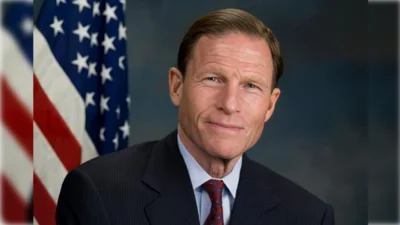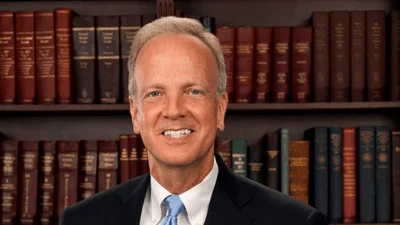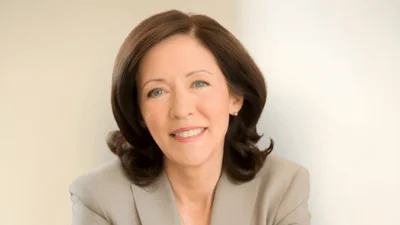The State Department has told the U.S. Senate Foreign Relations Committee that it has made diversity, equity, inclusion and accessibility (DEIA) a priority in policy proposals.
“Everyone must play a part in advancing DEIA as an organizational culture,” State Department Chief Diversity and Inclusion Officer Gina Abercrombie-Winstanley said, according to her published testimony. “It will make the Department of State stronger, improve the quality of our foreign policy, model the values we promote abroad and ensure the best rise to the top because of their merit.”
Abercrombie-Winstanley testified July 26 during the Senate hearing about DEIA in the department’s diplomacy and development programs, according to her testimony.
Abercrombie-Winstanley was the first witness to testify on how the State Department planned to further workplace inclusion throughout the administration. The second witness was Neneh Diallo, chief diversity officer at the U.S. Agency for International Development (USAID) in Washington, D.C., according to the committee’s website.
Abercrombie-Winstanley testified that State Department DEIA initiatives included creating “a dedicated DEIA core precept for the Foreign Service and DEIA work elements for the Civil Service.”
The department also created a baseline of staff by rank, job category, and bureau and developed a five-year DEIA strategic plan, according to her published testimony. It has changed the Foreign Service generalist exam process so it doesn’t favor those candidates with resources that enabled them to hone standardized testing skills on niche topics.
Diallo testified about USAID’s commitment to capacity building for its global workforce, according to her published testimony. She described how USAID has promoted DEIA. That included increasing access to DEIA-related training through the agency’s respectful, inclusive and safe environments learning and engagement platform. The development of its first DEIA climate survey enabled USAID to “establish a baseline for DEIA-related metrics and enable longitudinal evaluation across the workforce.”
USAID has tapped into the expertise of small and disadvantaged businesses in the United States through the agency’s Office of Small and Disadvantaged Business Utilization, Diallo testified. She said USAID pledged to continually “ensure that our programming is inclusive, equitable, and reaches marginalized and underserved populations.”








